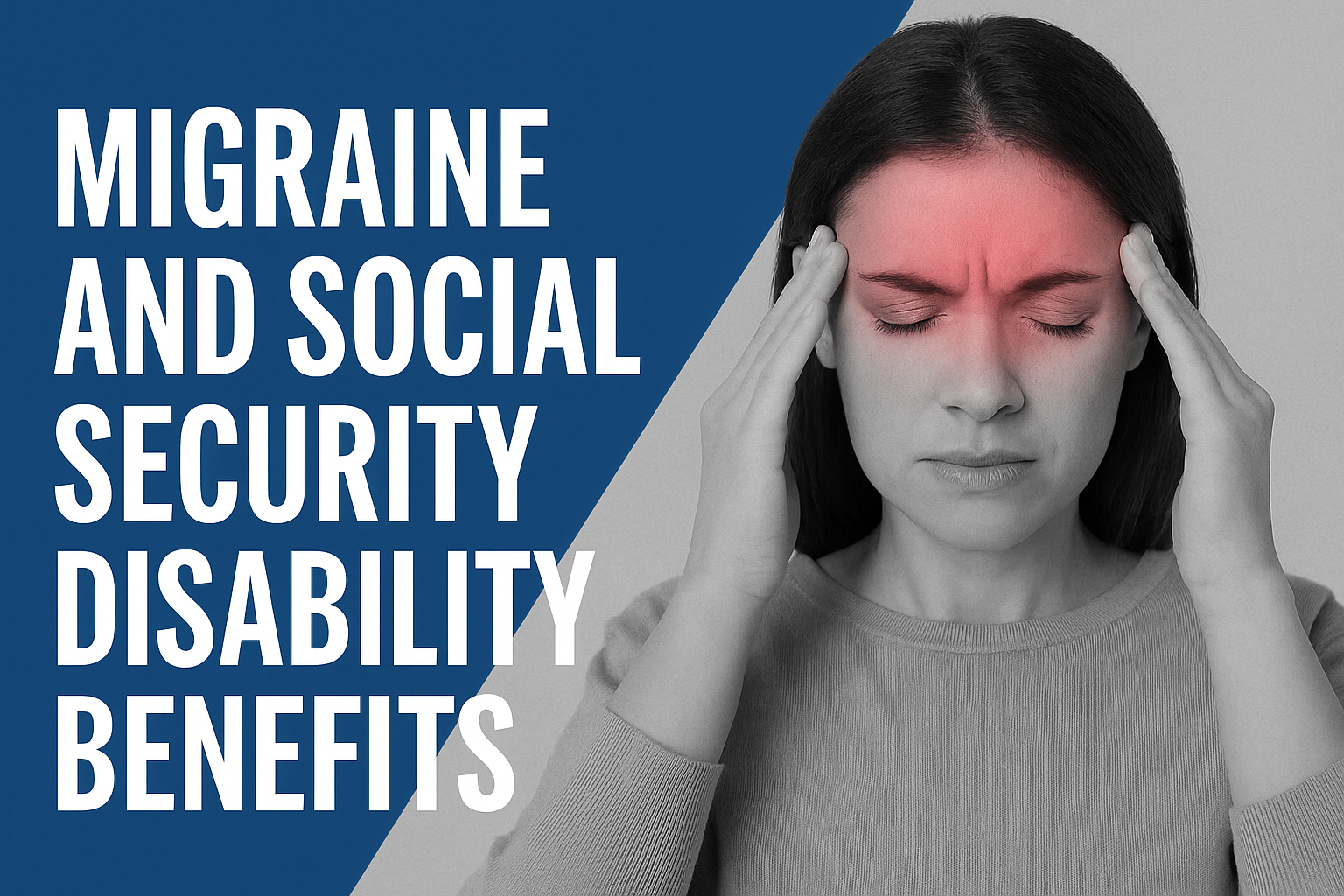
Disruptive symptoms
Many people with Bipolar disorder experience debilitating depression. Exhaustion, irritability and shifts in sleeping or eating habits often accompany depressive episodes. Victims may also have trouble remembering things, thinking clearly and reaching decisions. These symptoms can make daily functioning — such as interacting with others, concentrating on work or completing personal routines — a challenge.
Mania can also have detrimental effects. During a manic episode, people with Bipolar disorder may control their impulses poorly, engage in risky activities and overestimate their abilities. They may also take on too much or struggle to stay focused on a single task. These behaviors can interfere with work, personal health and personal relationships.
Many victims of Bipolar disorder also face other burdens. Medications to treat the disorder can have adverse physical or mental side effects. Some people experience other accompanying disorders, such as anxiety disorder, that make routine activities even harder.
Some people can manage Bipolar disorder effectively, but for others, the condition is severe enough to completely prevent necessary activities, including work. These individuals may be eligible for Social Security Disability benefits.
Seeking benefits
The Social Security Administration recognizes both manic and depressive syndromes as disabling disorders. If Bipolar disorder lasts more than a year, causes documentable symptoms and prevents gainful employment, an individual may receive benefits. The SSA recognizes bipolar disorder as disabling if an applicant documents both manic and depressive episodes, along with two of the following effects:
- Inability to complete a full range of daily living activities
- Difficulty behaving appropriately in social settings
- Reduced ability to focus or complete tasks in appropriate time
- Repeated cases in which symptoms worsen over an extended period
Alternately, applicants can establish that the disorder has lasted at least two years and caused appreciable limitations. These applicants would need to establish one of the following limitations: an inability to adjust to new settings, the occurrence of episodes of decompensation or a need for an ongoing supportive living arrangement.
If an applicant does not meet these criteria, the SSA will consider the applicant’s ability to work while living with Bipolar disorder. A diagnosis of a mental health disorder is not enough to support a claim of disability. Applicants should make sure to provide a detailed doctor’s analysis and documentation of problems the disorder caused at past jobs to improve the likelihood of approval.








